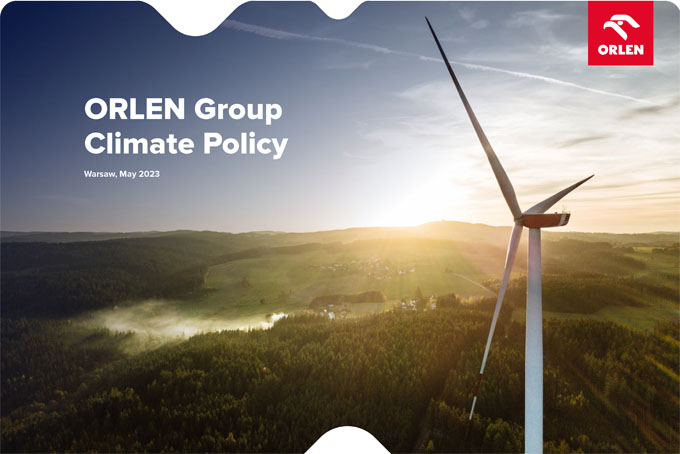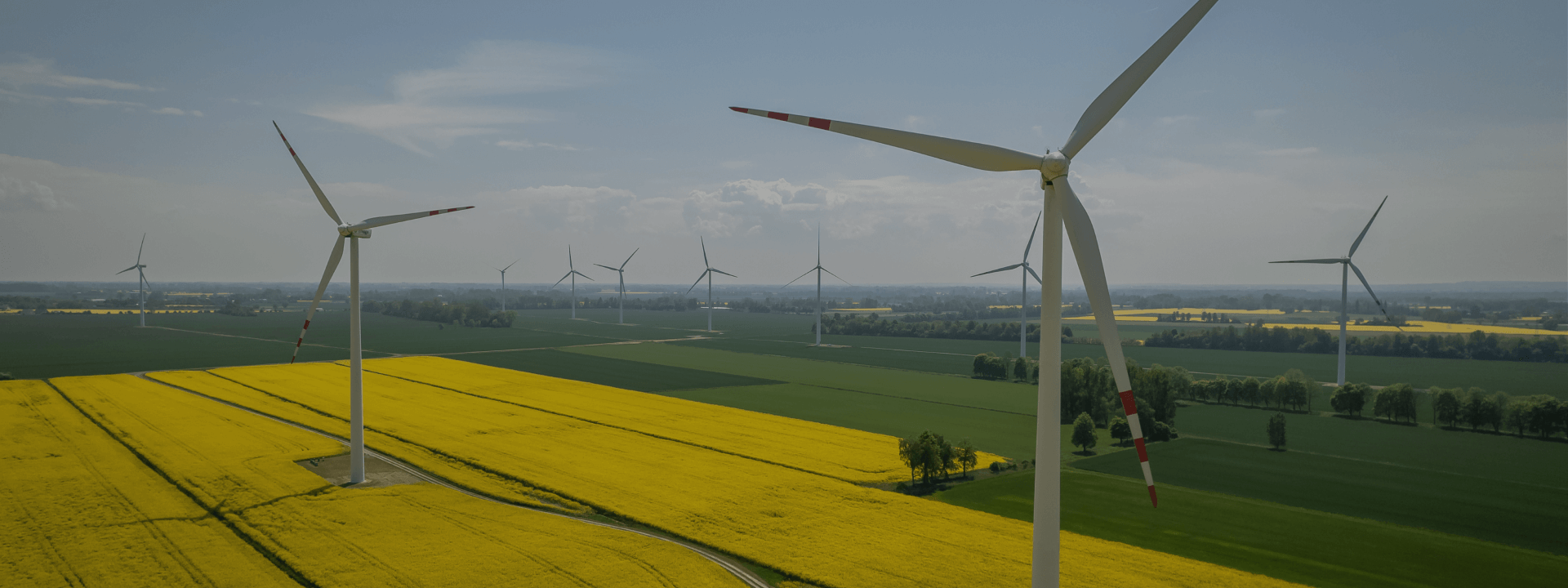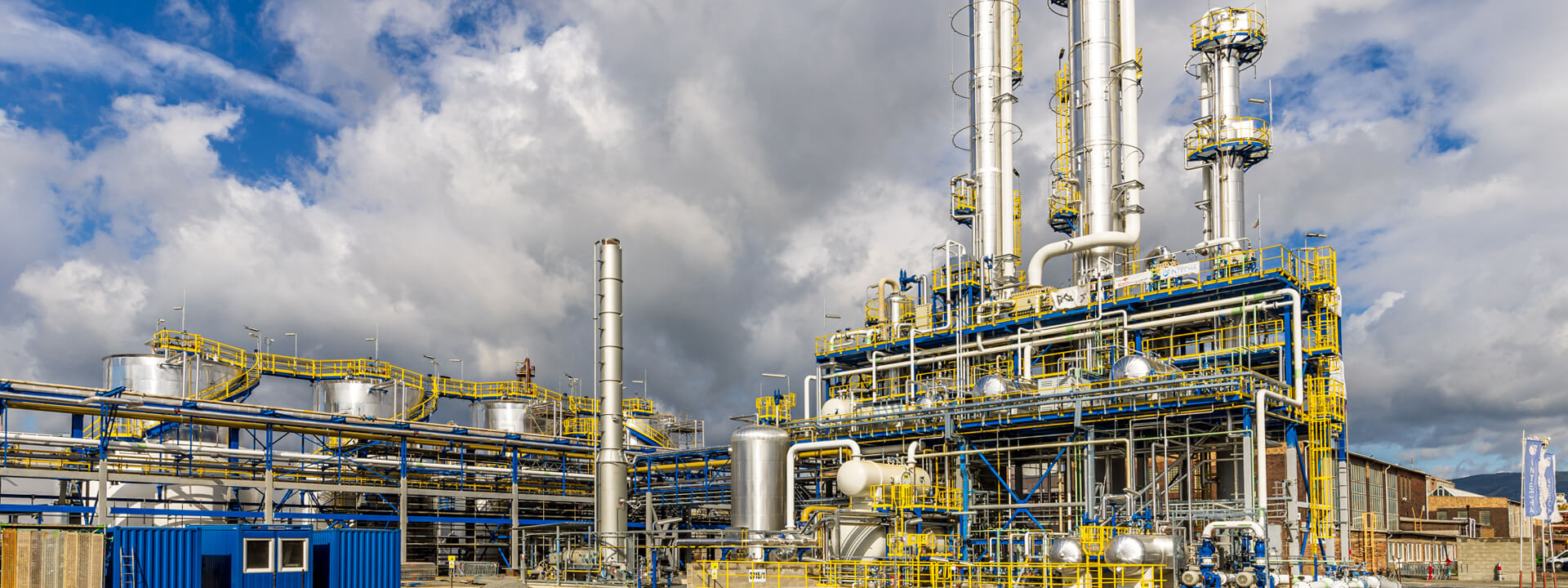Natural capital
Key facts about the capital
In our production processes we use renewable resources (air, water, esters, bioethanol) and non-renewable ones (crude oil, natural gas and auxiliary chemicals).
- Over 37 million tonnes of crude oil
- Less than 630 mcm of water (the amount includes the figures of the former PGNiG and LOTOS Groups following their incorporation in the ORLEN Group structures: for two and five months, respectively)
- Some 14 bcm of natural gas imports to Poland (including LNG)
Energy assets:
- Installed capacity: 5.1 GWe (electricity) / 13.5 GWt (heat)
- Ca. 60% of electricity generated from zero- and low-carbon sources (renewables and modern CCGT units)
- Over 200,000 km of power grid
- First offshore wind farm project in the Baltic Sea with a capacity of up to 1.2 GWe in the pipeline
Upstream assets:
- Onshore and offshore activities in Poland, Norway, Canada, Pakistan and Lithuania
- Ca. 1,280 mboe of 2P oil and gas reserves
- Average hydrocarbon production: ca. 191 thousand boe/d
Management of the capital
Our environmental objectives are defined in the ORLEN2030 Strategy and the Integrated Management System Policy .
In 2021, the Management Board of ORLEN adopted the ORLEN Group Sustainable Development Strategy for 2021–2023 .
The ORLEN2030 Strategy updated in 2030 includes the commitment to the Group’s long-term goal of achieving carbon neutrality by 2050 and identifies the projects supporting delivery of this goal.
By 2030, we will make the ORLEN Group’s current production assets cleaner and more efficient, and we will develop new business areas based on renewables. We plan to invest a total of about PLN 320bn, of which approximately PLN 120bn will be spent on green projects reducing our dependence on fossil fuels.
These will include primarily offshore and onshore wind farms, solar photovoltaics, biogas and biomethane, next-generation biofuels and renewable hydrogen. In 2030, we will generate energy using the small nuclear reactor technology and will become a regional leader in electric mobility.
- We identify the environmental aspects of our technological processes, and we seek to minimise their impacts on the natural environment and human life and health.
- We comply with the requirements stipulated under integrated permits secured for our installations.
- We effectively manage carbon emission allowances.
- We ensure effective water and wastewater management and manage soil remediation.
- We engage in initiatives that promote environmental awareness and social responsibility.
- The ORLEN Group reports its environmental performance to both administrative authorities (marshal’s offices, municipal offices, county offices, environmental inspections) and the stakeholders.
In 2023, we published the ORLEN Group Climate Policy. The document provides a comprehensive summary of our approach to managing climate-related issues and systematises our existing climate agenda.
The ORLEN Group Climate Policy sets out the specific measures taken by the Group on the road to carbon neutrality. It describes in detail how the decarbonisation targets are pursued and how the climate oversight function has been set up within the organisation. An important part of the Policy is the analysis of climate risks and opportunities. It discusses physical risks (such as rising temperatures and extreme weather conditions) that are materialising due to climate change, as well as transition risks, that is organisational and business changes that must be effected for the Group to grow and remain competitive beyond 2030. The document also examines opportunities presented by low- and zero-carbon energy and sustainable mobility.
The ORLEN Group Climate Policy was prepared based on guidelines from the TCFD (Task Force on Climate-Related Financial Disclosures, established in 2015 by the Financial Stability Board, an international body that monitors and makes recommendations about the global financial system). It is the most widely recognised reporting framework endorsed by financial institutions to help drive consistent climate change-related disclosures by companies. Plans for the coming years include updating the climate policy, as well as periodic reporting on the progress in delivery of the decarbonisation targets.
One element of our climate policy is the ORLEN Group’s Biodiversity Policy, which requires the Group companies across all operating levels to analyse the existing biodiversity conservation measures and to plan and subsequently implement new improvement efforts in this respect. Furthermore, all business areas of the ORLEN Group will contribute in their daily work to advancing these objectives.
For more information on natural capital, see „Environment and climate”
Outcomes
How natural capital interacts with other capitals
Production activities, which entail the use of non-renewable energy sources, emissions, waste and wastewater generation, exert an impact on natural capital. Reducing its environmental footprint and climate impact is one of the ORLEN Group’s top priorities. Activities in this domain contribute to the development of other capitals, including the intellectual and manufactured capitals.
In 2020, the ORLEN Group was joined by the Energa Group, with its more than 50 renewable generation assets, mainly across the hydro, onshore wind and solar PV segments. In 2022, the LOTOS and PGNiG Groups were incorporated into the ORLEN Group, contributing additional assets that support, among other things, the diversification of raw material supplies and generation of energy from renewables.
ORLEN has declared its intention to achieve carbon neutrality by 2050. In furtherance of this goal, the Group aims to reduce carbon emissions from its existing refinery and petrochemical assets by 20% and cut down carbon emissions per megawatt-hour of electricity by 33% by 2030.
Our net zero emissions strategy is based on four pillars: energy efficiency in production, zero-carbon power generation, fuels of the future, and green finance.
Projects implemented under the carbon neutrality strategy are expected to be partly financed with green and sustainability bonds issued by ORLEN on the European market.
Read also:
Short-cuts:
ORLEN Group 2022 Integrated Report
You can also download the report in PDF format




